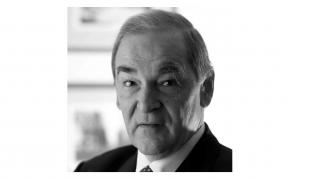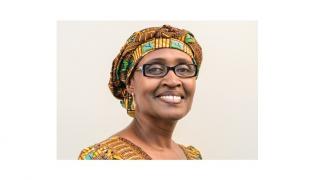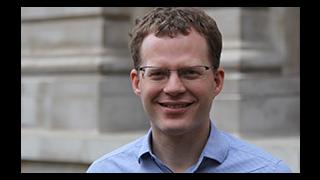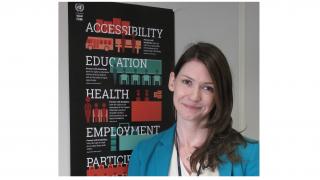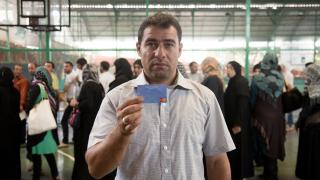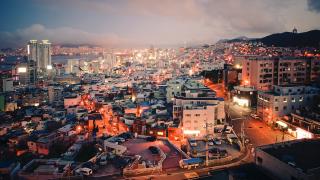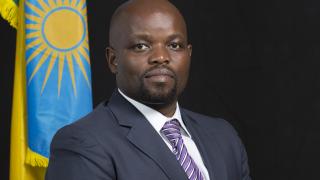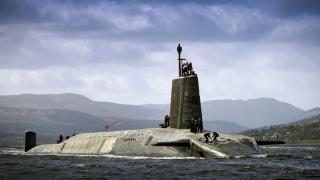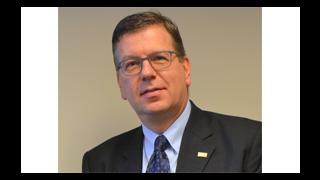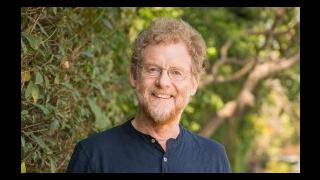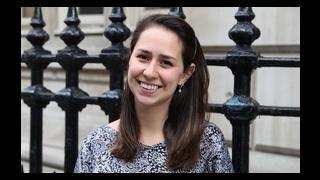
Borneo, the world's third largest island, accounts for just one per cent of the world's land yet holds approximately six per cent of global biodiversity in its rich, tropical forests. Species range from the distinct Bornean orangutans to giant pitcher plants and Rafflesia flowers.
Yet this biodiversity is under threat – Borneo has already lost over half its forests, and a third of these disappeared in the last three decades.
A recent WWF report named the region as one of 11 “deforestation fronts” which account for 80 per cent of projected global forest loss by the year 2030. The biggest cause of deforestation is expanding agriculture – including commercial palm oil plantations. Unsustainable or illegal logging can instigate a death by a thousand cuts scenario where heavily logged forests become vulnerable to fire and encroachment, and gradually disappear or are degraded to the point where they are re-zoned for agricultural development.
The Heart of Borneo refers to the interior of the island and the main water catchment area, which is still mostly intact. Covering 22 million hectares, it is one of the largest transboundary tracts of rainforest remaining in the world. But the Heart of Borneo is not just a treasure trove of biodiversity. It is also the homeland and source of livelihoods of a million Dayak people, and provides key services like water and food for over 11 million living in wider Borneo. It also stores massive amounts of carbon.
The Heart of Borneo Initiative was created by the Governments of Brunei, Indonesia and Malaysia in 2007. They committed to maintain the forests and the biodiversity within them for the benefit of the people who rely upon them, through a network of protected areas and other sustainable land use practices. WWF plays a key role in helping the three governments implement the Initiative. Work ranges from traditional species protection to enabling green economies that are built on pro-poor and pro-environment policies.
The initiative is well-aligned with the United Nations’ proposed Sustainable Development Goals, due to be agreed by member states in September. Goal 15 is focused on sustaining terrestrial ecosystems. Forests also contribute to other proposed goals such as poverty eradication, food security, clean water and watershed protection, sustainable consumption and production and combating climate change and its impacts.
In embracing these goals, conservation organisations cannot be dismissive of local people’s desire to boost their living standards. But too often, short-term developmental pressures result in ill-conceived projects that destroy the natural goods that people and businesses need to thrive over the long term. Logging, oil palm development and dam construction may boost a country’s economic output, but impose costs to local communities in the form of lost livelihoods and escalated conflict.
Development is not just about governments pursuing economic growth, and businesses seeking returns on investment. It is also about local and indigenous communities aspiring to better ways of life. If denied green economic options, communities could have little choice but to convert their forested land to oil palm and other crops that offer immediate returns.
The Heart of Borneo Initiative seeks to bring together governments, the private sector, civil society and other stakeholders to ensure conservation objectives are strongly melded to sustainable development, including addressing the needs of local communities. A key objective is to give local people the opportunity to realise their aspirations and fulfil their needs without undermining natural resources, biodiversity and culture. One strategy is to encourage sustainable production in compliance with certification standards for sustainability. Another is developing village-level enterprises as diverse as honey collection, rubber tapping and ecotourism.
But the Heart of Borneo’s transformation to a green economy is still a work-in-progress. Government agencies need to do much more to facilitate inclusive spatial planning, resolve land tenure conflicts, enable community development and enforce environmental protection regulations.
Let’s hope progress can be accelerated, and the Heart of Borneo’s people, forests and farms can attain the benefits of a truly green and inclusive economy.
Rod Taylor is the Director of WWF’s Global Forest Programme. Before joining WWF, he worked as a forest policy adviser in Indonesia, Papua New Guinea and the Solomon Islands


